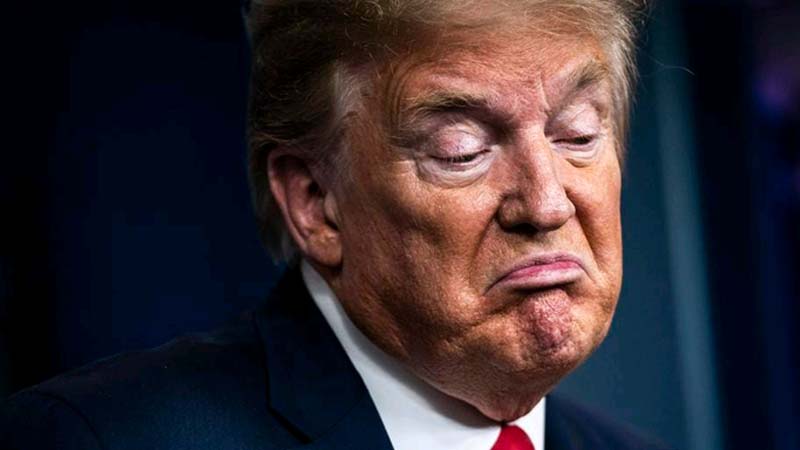Donald Trump Holds ‘Make America Safe Again’ Rally in KKK Heartland After Assassination Attempt

Photo: The Washington Post/Getty Images
In a striking move, former President Donald Trump has chosen Howell, Michigan, a city with a controversial past tied to the Ku Klux Klan, as the venue for his latest rally. This event comes just a month after Trump survived an assassination attempt at a rally in Butler, Pennsylvania, and amid recent far-right demonstrations in Howell. The rally, designed to promote Trump’s “Make America Safe Again” policy, has ignited discussions due to the city’s historical connections with white supremacist groups.
Howell, located approximately 50 miles west of Detroit, has been at the center of national controversy due to its past associations with the KKK. Nicole Matthews-Creech, the executive director of the Livingston Diversity Council, has highlighted Howell’s troubled history, noting that the city was home to a KKK grand dragon from the 1970s to the 1990s. This legacy of racial tension and extremist activity has painted a complex and troubling picture of the city’s past.
Despite these associations, Trump’s campaign defended the choice of Howell, emphasizing its strategic location in the Detroit media market and the support of local law enforcement. “Our decision to hold the rally in Howell was based on its significance in the Detroit media area and the presence of a supportive sheriff,” said a Trump campaign spokesperson. The spokesperson also mentioned that they were unaware of the city’s KKK connection when selecting the location.
The timing of the rally is particularly notable given recent events in Howell. Just last month, a group of masked demonstrators marched through the city’s downtown, displaying extremist symbols and chants. Their march, which included disturbing slogans such as “We love Hitler. We love Trump,” was met with significant local backlash and was reportedly dispersed after a confrontation with a local library board member.
According to a report by Mirror on Wednesday, August 21, 2024, Trump’s rally in Howell was expected to draw significant attention not only because of its location but also due to the recent assassination attempt on the former president. On July 13, Trump was shot in the ear during a rally in Butler, Pennsylvania, an event that has heightened security and political sensitivities around his public appearances.
The choice of Howell for the rally has drawn sharp criticism from various quarters. Kamala Harris’ campaign has condemned Trump’s decision to hold a rally in a city with such a fraught history. Alyssa Bradley, the Michigan Communications Director for Harris’ campaign, commented, “Trump’s actions have emboldened white supremacists and extremist groups. By choosing Howell, he is aligning himself with the same elements that have caused pain and division.”
The city’s historical backdrop includes a KKK rally in the 1990s and more recent racially charged incidents, including controversial social media posts following a local high school basketball game. These elements contribute to Howell’s reputation as a symbol of racial and extremist tensions.
The rally has sparked further debate about Trump’s influence on far-right groups and his rhetoric. Critics argue that his past comments, including controversial statements about neo-Nazis in Charlottesville, Virginia, have empowered extremist factions. The recent far-right protest in Howell is seen by many as a direct manifestation of this influence.
Trump’s campaign remains focused on portraying the rally as a critical step in pushing his “Make America Safe Again” agenda. The former president has consistently emphasized his policies aimed at increasing national security and combating crime, which he framed as essential components of his campaign platform.
As Trump continues his campaign tour, the selection of Howell as a rally location underscores the ongoing tensions and polarizing issues surrounding his candidacy. The rally not only highlights the challenges of addressing America’s complex racial and political landscape but also serves as a focal point for debates about the direction of American politics and the role of extremist groups in shaping public discourse.
The ramifications of Trump’s choice of Howell for his rally are likely to resonate beyond the immediate political sphere, influencing discussions on race, extremism, and the future of American political engagement. As the campaign unfolds, the former president’s decisions and rhetoric will continue to be scrutinized in light of these broader societal issues.





